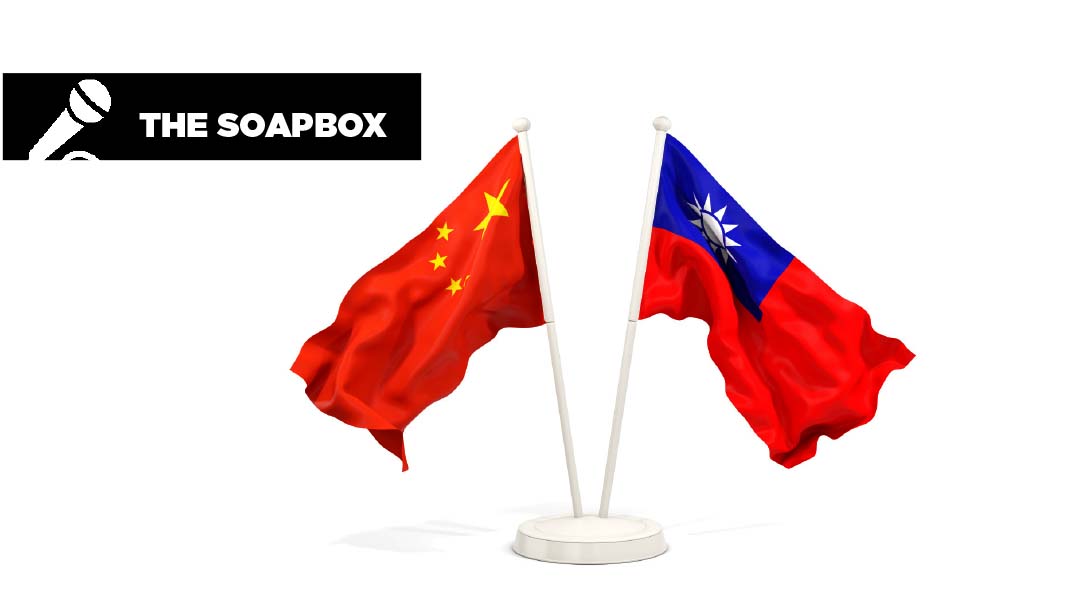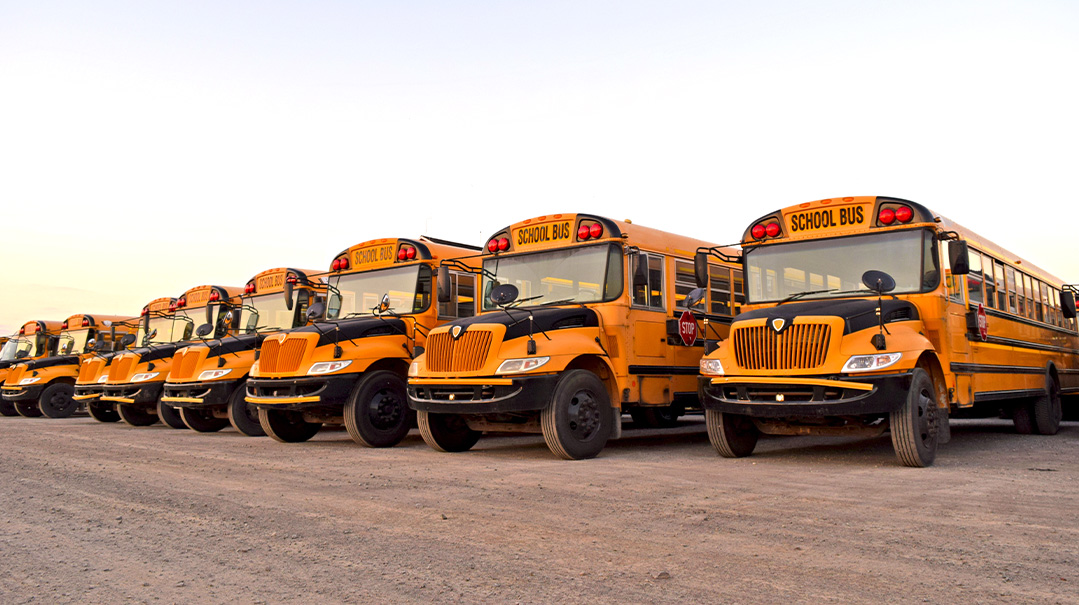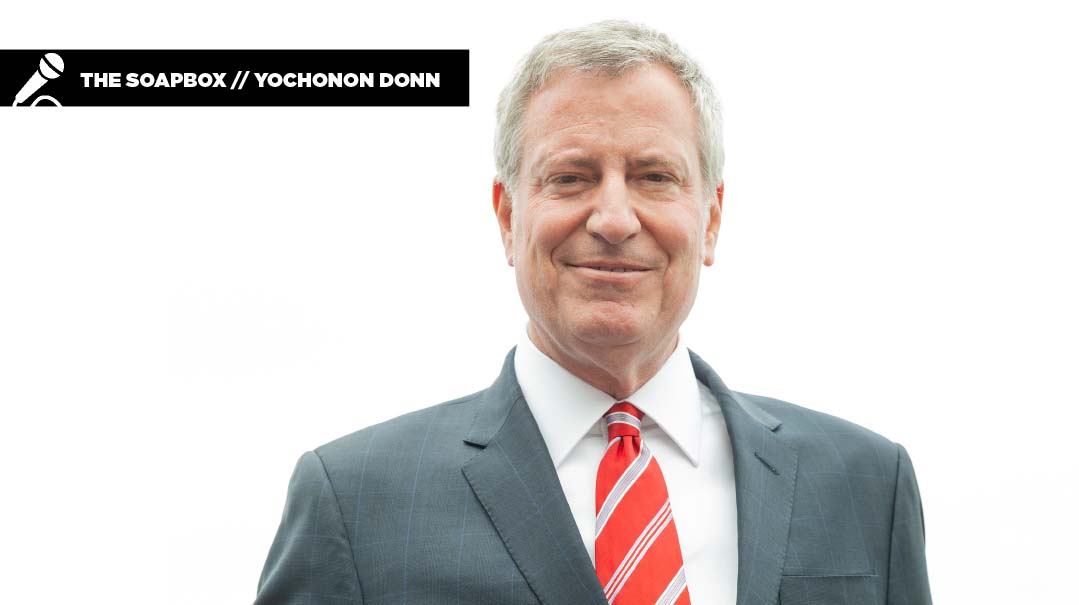Time to Arm Taiwan

As China menaces Taiwan, America must step in

Ever since Nixon’s dramatic China visit in 1972, American policy on the Communist giant has been a fantasyland. Known as the “One-China policy,” it attempted to reconcile China’s claim to Taiwan with the US commitment to the island nation’s independence.
At heart was a piece of lomdus. Since both China and Taiwan — whose Nationalist leaders escaped to the island after their defeat in the Chinese civil war in 1949 — agreed that there was only one China, the way forward was simple. America would recognize one China, and remain coy over which side they meant. It was part of a policy of ambiguity, to ensure both that Taiwan didn’t declare independence, and that China didn’t attack.
Almost 40 years after Nixon’s visit, that fiction is now history. China’s President Xi made it clear in a speech in July that while he prefers peaceful reunification, a military option is very much on the table. A top US naval officer, Admiral Philip Davidson, recently told the Senate that an attack could come within the next six years.
Two weeks ago, China sent dozens of military jets into Taiwan’s air defense identification zone, in a clear display of muscle. That military power has grown so much that it could exact a high cost from any US force coming to Taiwan’s rescue — unlike in 1996, when President Clinton faced down Chinese belligerence by sending an armada through the Taiwan Straits.
With China ever more convinced that America is in terminal decline — an impression strengthened by the Afghanistan fiasco — the US is now at a crossroads over Taiwan. Does it continue the ambiguity, possibly leading to a Chinese attack, or double down on its commitments to Taiwan by rearming the country, and fast?
It’s a truism of American politics from Obama to Trump and Biden that Americans are tired of playing the global policeman.
But the case for defending Taiwan is not just about helping a fellow democracy from a bullying autocracy. It’s because the fall of Taiwan would arguably be the end of America’s naval supremacy in the Pacific.
Unlike the Middle East, where America’s commitments are about keeping oil prices stable plus preventing terror attacks, the Pacific is America’s backyard. America is a Pacific power, and has ruled the space supreme since the end of World War II.
Bowing to China on Taiwan would serve notice to Japan, South Korea, the Philippines, Vietnam, and others that the Afghan retreat wasn’t just a case of getting out of the Middle East, but out of exercising power in general.
Imagining a future in which China dominates the world — or at least the Pacific — is difficult, simply because it’s been a given for 70 years that American might reigns supreme. But according to Admiral Davidson, that’s China’s goal.
“I worry that they’re accelerating their ambitions to supplant the United States and our leadership role in the rules-based international order... by 2050,” he told the Senate.
For decades, the single most strategic aspect of Taiwan was the fact that it makes the world’s most advanced computer chips.
No longer. If Taiwan falls because American leaders were otherwise occupied, it will be China 1, US 0.
(Originally featured in Mishpacha, Issue 881)
Oops! We could not locate your form.







